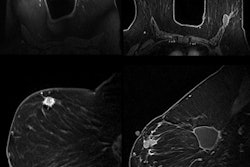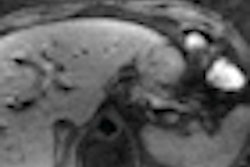Dear Radiation Oncology Insider,
A large study with disturbing news came from the American Society of Clinical Oncology Gastrointestinal Cancers Symposium in San Francisco last month.
During the past decade, black patients with advanced metastatic colorectal cancer were less likely than Caucasians to receive treatment, even though the more than 11,000 patients in the study had Medicare. Not surprisingly, black patients were also more likely to die sooner from the disease than white patients. Read about this study from California researchers by clicking here.
In industry news, surprising details were published this week in the Wall Street Journal claiming that a prominent radiation oncology vendor may have lobbied to secure reimbursement cuts for a competitor's product in the recent "fiscal cliff" legislation -- while leaving reimbursement levels unchanged for procedures performed with its own products. Click here to learn more.
Findings from a study of more than 100,000 women over a 15-year period revealed that patients who received a lumpectomy followed by radiation therapy had lower breast cancer recurrence risk than those who received mastectomies without radiotherapy. Click here to read this surprising news.
Cost cutting is on everyone's mind, so don't overlook an article about a model that shows intensity-modulated radiation therapy for prostate cancer costs twice as much as stereotactic body radiation therapy.
In addition, if you've wanted to establish a radiation oncology errors and near misses database, the American Association of Physicists in Medicine has published instructional guidelines.
In other news of interest to the Radiation Oncology Digital Community:
- The lymph node ratios of patients with oral cancer can help identify who will benefit from radiotherapy treatment.
- Beta-blockers improve the outcomes of patients with non-small cell lung cancer.
- PET/CT images can predict which patients with rectal cancer will respond to brachytherapy.
Finally, you'll want to read this issue's Insider Exclusive, which offers insight on including a concomitant boost with hypofractionated whole-breast irradiation. This article is available to you before the rest of our AuntMinnie.com readers.



















